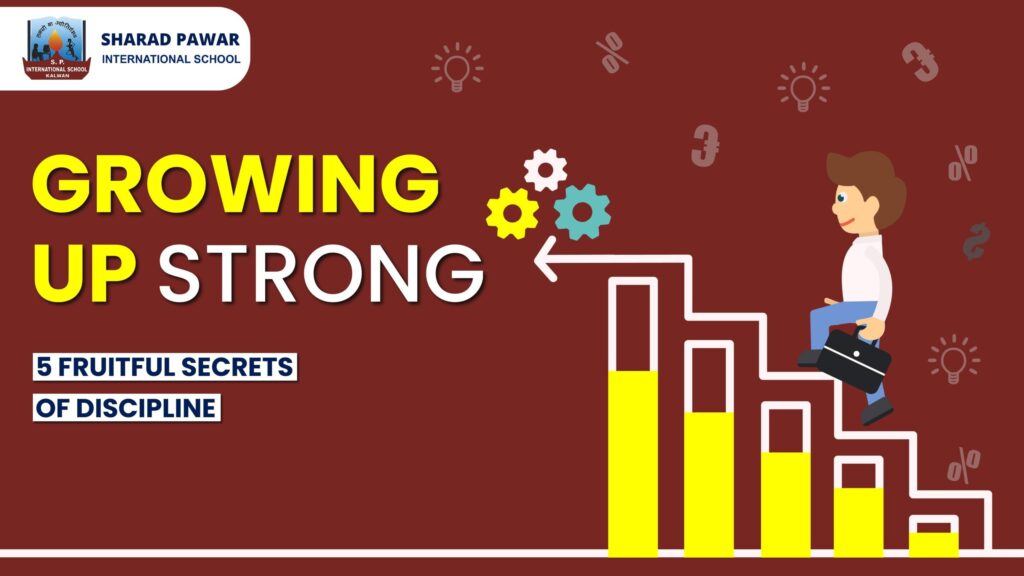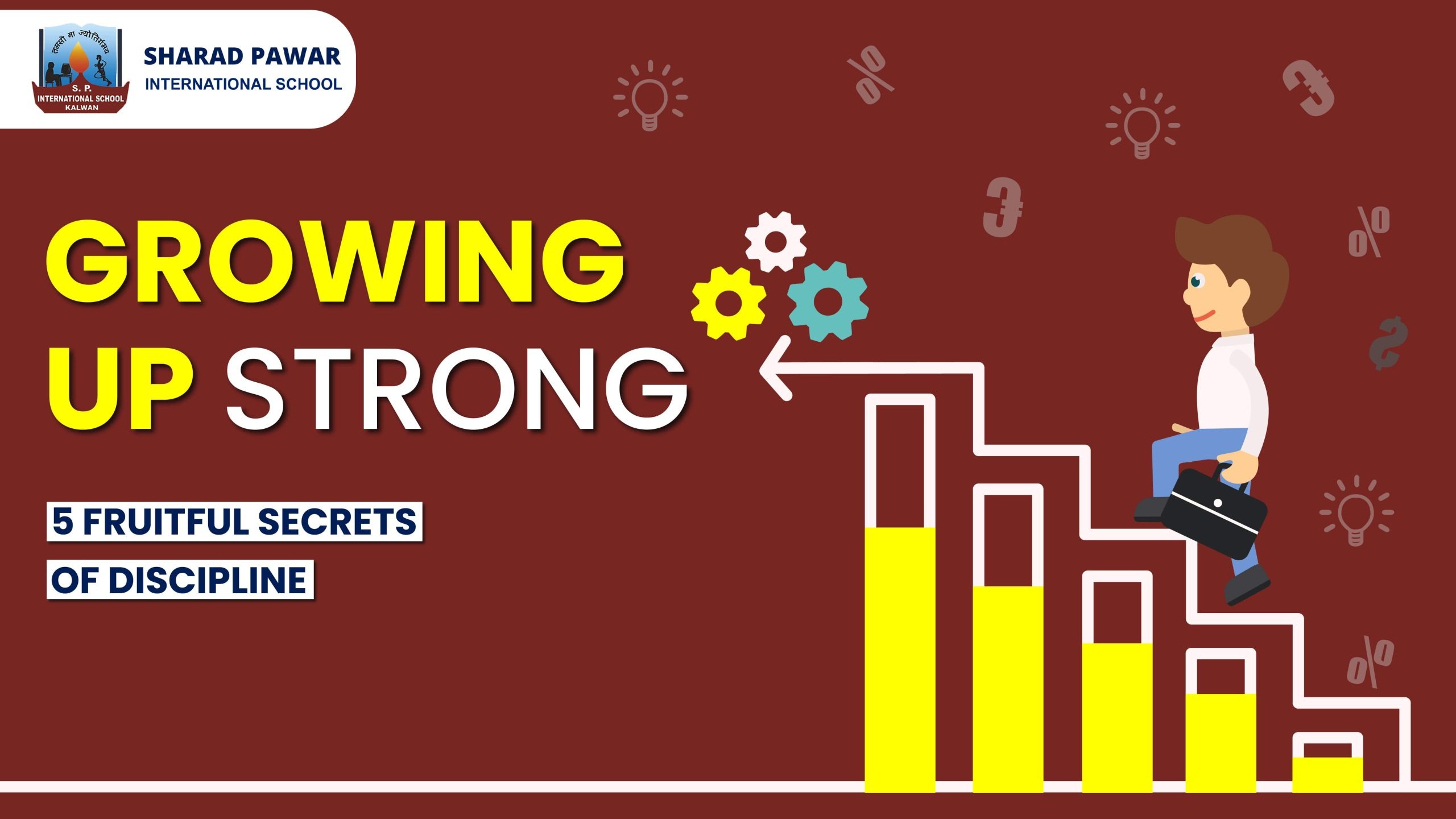
The Unfolding Narrative: Navigating the Complexities of Growing Up
Growing up is a multifaceted journey, a complex tapestry woven with threads of personal experiences, societal influences, and biological imperatives. It’s a universal process, yet profoundly individual, marked by milestones that range from physical maturation to the development of abstract thought and the formation of identity. Understanding the intricacies of growing up is crucial not only for individuals navigating this transformative period but also for parents, educators, and policymakers who play a role in shaping the lives of young people.
This article delves into the various aspects of growing up, exploring the biological, psychological, and social factors that influence this critical stage of life. We will examine the challenges and opportunities that arise during adolescence and young adulthood, and discuss strategies for fostering healthy development and resilience.
Biological Transformations: The Physical Landscape of Growing Up
The onset of puberty marks a significant turning point in the physical development of adolescents. Hormonal changes trigger a cascade of physiological transformations, including the development of secondary sexual characteristics, the acceleration of growth spurts, and alterations in body composition. These changes can be both exciting and unsettling, as young people grapple with a rapidly changing body image and the emergence of new sexual impulses.
Understanding the biological underpinnings of growing up is essential for promoting healthy habits and addressing potential health concerns. Adequate nutrition, regular exercise, and sufficient sleep are crucial for supporting optimal physical development during this period. Furthermore, it’s important to address issues such as body image concerns, eating disorders, and substance abuse, which can have a detrimental impact on physical and mental health.
The Brain’s Evolving Architecture
The brain undergoes significant structural and functional changes during adolescence and young adulthood. The prefrontal cortex, the brain region responsible for executive functions such as planning, decision-making, and impulse control, continues to mature well into the early twenties. This protracted development explains why adolescents may sometimes exhibit impulsive behavior or struggle with long-term planning. [See also: Adolescent Brain Development]
Understanding the brain’s evolving architecture is crucial for designing effective educational and intervention programs. Providing opportunities for adolescents to engage in challenging tasks that require critical thinking, problem-solving, and self-regulation can help to strengthen neural connections and promote cognitive development. Furthermore, creating supportive environments that foster emotional regulation and resilience can help young people navigate the challenges of growing up.
Psychological Milestones: Shaping Identity and Meaning
Growing up is not merely a physical process; it also involves profound psychological transformations. Adolescents grapple with questions of identity, purpose, and meaning as they seek to define their place in the world. This search for identity can be a challenging and sometimes turbulent process, marked by experimentation, self-doubt, and the exploration of different values and beliefs.
Erik Erikson, a renowned developmental psychologist, proposed that adolescence is characterized by the psychosocial crisis of identity versus role confusion. During this stage, young people strive to develop a coherent sense of self by exploring different roles, values, and relationships. Successful resolution of this crisis leads to a strong sense of identity, while failure to do so can result in confusion, uncertainty, and a lack of direction.
The Role of Relationships in Identity Formation
Relationships with family, friends, and romantic partners play a crucial role in the formation of identity during adolescence and young adulthood. These relationships provide opportunities for young people to explore different aspects of themselves, receive feedback from others, and develop a sense of belonging. Positive and supportive relationships can foster self-esteem, resilience, and a strong sense of identity.
However, negative or unhealthy relationships can have a detrimental impact on psychological well-being. Bullying, peer pressure, and dysfunctional family dynamics can contribute to feelings of anxiety, depression, and low self-esteem. It’s important for young people to learn how to navigate relationships effectively and to seek help when they are experiencing difficulties. [See also: Healthy Relationships for Teens]
Social Influences: Navigating the Cultural Landscape
The social context in which young people grow up has a profound impact on their development. Cultural norms, societal expectations, and socioeconomic factors all shape the experiences and opportunities available to adolescents and young adults. Understanding these social influences is crucial for promoting equity and addressing disparities in outcomes.
For example, young people from marginalized communities may face systemic barriers to education, employment, and healthcare, which can limit their opportunities for upward mobility. Furthermore, exposure to violence, poverty, and discrimination can have a detrimental impact on mental health and well-being. Addressing these social determinants of health is essential for ensuring that all young people have the opportunity to thrive.
The Impact of Technology and Social Media
In the digital age, technology and social media have become ubiquitous aspects of growing up. While these platforms can offer opportunities for connection, learning, and self-expression, they also pose potential risks to mental health and well-being. Excessive social media use has been linked to increased rates of anxiety, depression, and body image concerns. Furthermore, cyberbullying and online harassment can have a devastating impact on young people’s self-esteem and social relationships.
It’s important for young people to learn how to use technology and social media responsibly and to develop healthy online habits. Parents, educators, and policymakers can play a role in promoting digital literacy and teaching young people how to navigate the online world safely and effectively. [See also: Social Media and Mental Health]
Challenges and Opportunities: Embracing the Journey
Growing up is a journey filled with both challenges and opportunities. Adolescents and young adults face a myriad of stressors, including academic pressure, social anxieties, and financial concerns. However, this period also offers opportunities for growth, learning, and self-discovery. By developing resilience, cultivating supportive relationships, and embracing new experiences, young people can navigate the complexities of growing up and emerge as confident, capable, and compassionate adults.
The process of growing up is a continuous evolution. There is no single path or timeline for development, and each individual’s journey is unique. By understanding the biological, psychological, and social factors that influence this critical stage of life, we can create supportive environments that foster healthy development and empower young people to reach their full potential. Growing up involves learning, adapting, and becoming the best version of oneself. It is a challenge, but also a beautiful opportunity to discover who you are and what you are capable of. The narrative of growing up continues to unfold, shaped by the experiences and choices we make along the way. Ultimately, growing up is about embracing the journey, with all its complexities and possibilities. The essence of growing up lies not just in reaching adulthood, but in the continuous process of learning, evolving, and becoming. As we navigate the complexities of growing up, it is crucial to remember that seeking support is a sign of strength, not weakness. The path of growing up is rarely linear, and setbacks are inevitable. Each challenge faced during growing up is an opportunity for learning and growth. The importance of self-care during growing up cannot be overstated. The journey of growing up is a testament to the human capacity for adaptation, resilience, and growth. The experience of growing up is shaped by the interactions we have with others. The narrative of growing up is constantly being rewritten, with each new generation adding their own unique perspective. The concept of growing up is often romanticized, but it is important to acknowledge the challenges and struggles that many young people face.
Conclusion: A Lifelong Process
Growing up isn’t merely a phase; it’s a continuous, lifelong process of learning, adapting, and evolving. While the most dramatic transformations may occur during adolescence and young adulthood, the journey of self-discovery and personal growth continues throughout our lives. Embracing this ongoing process allows us to adapt to changing circumstances, learn from our experiences, and continuously strive to become the best versions of ourselves.

